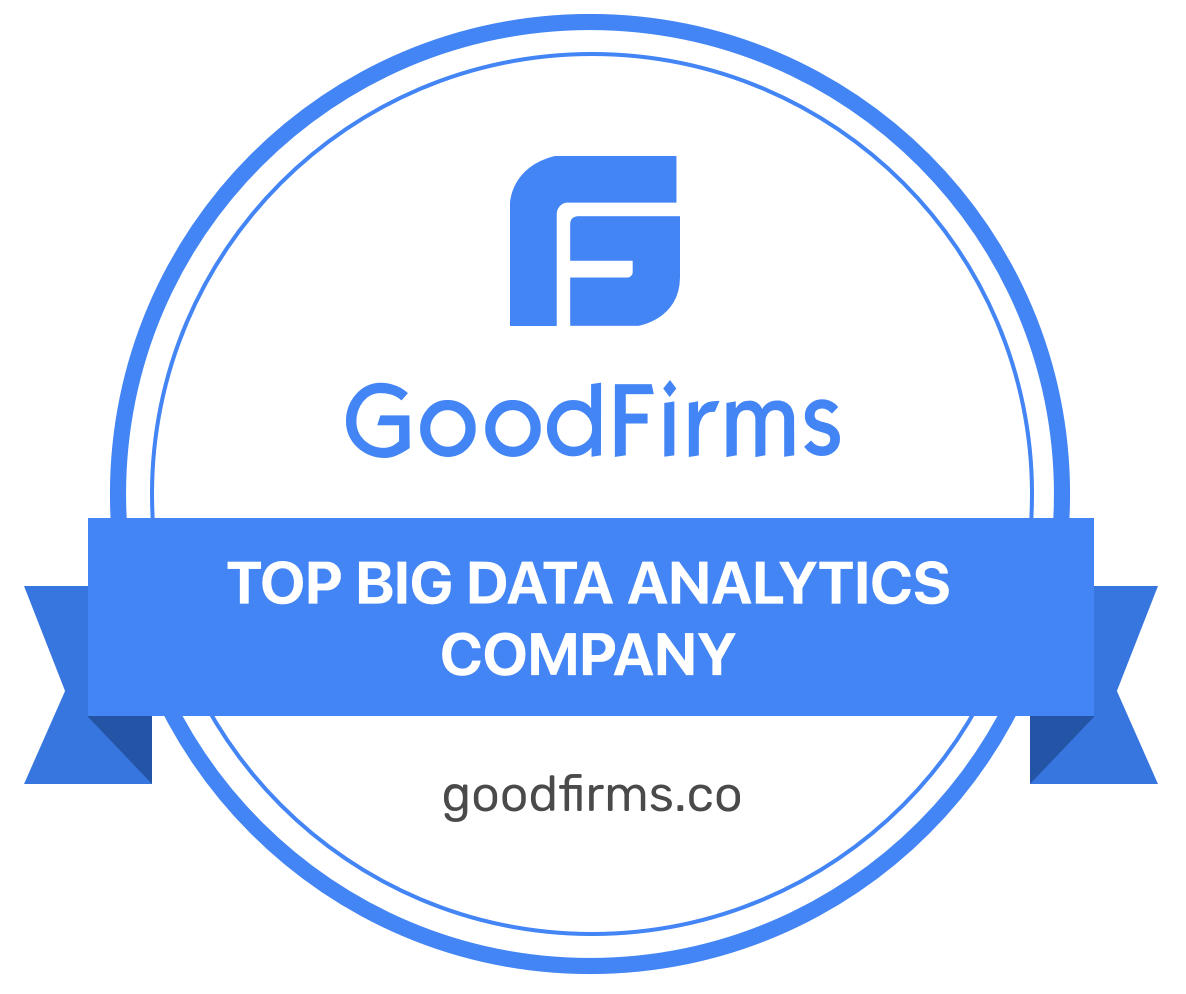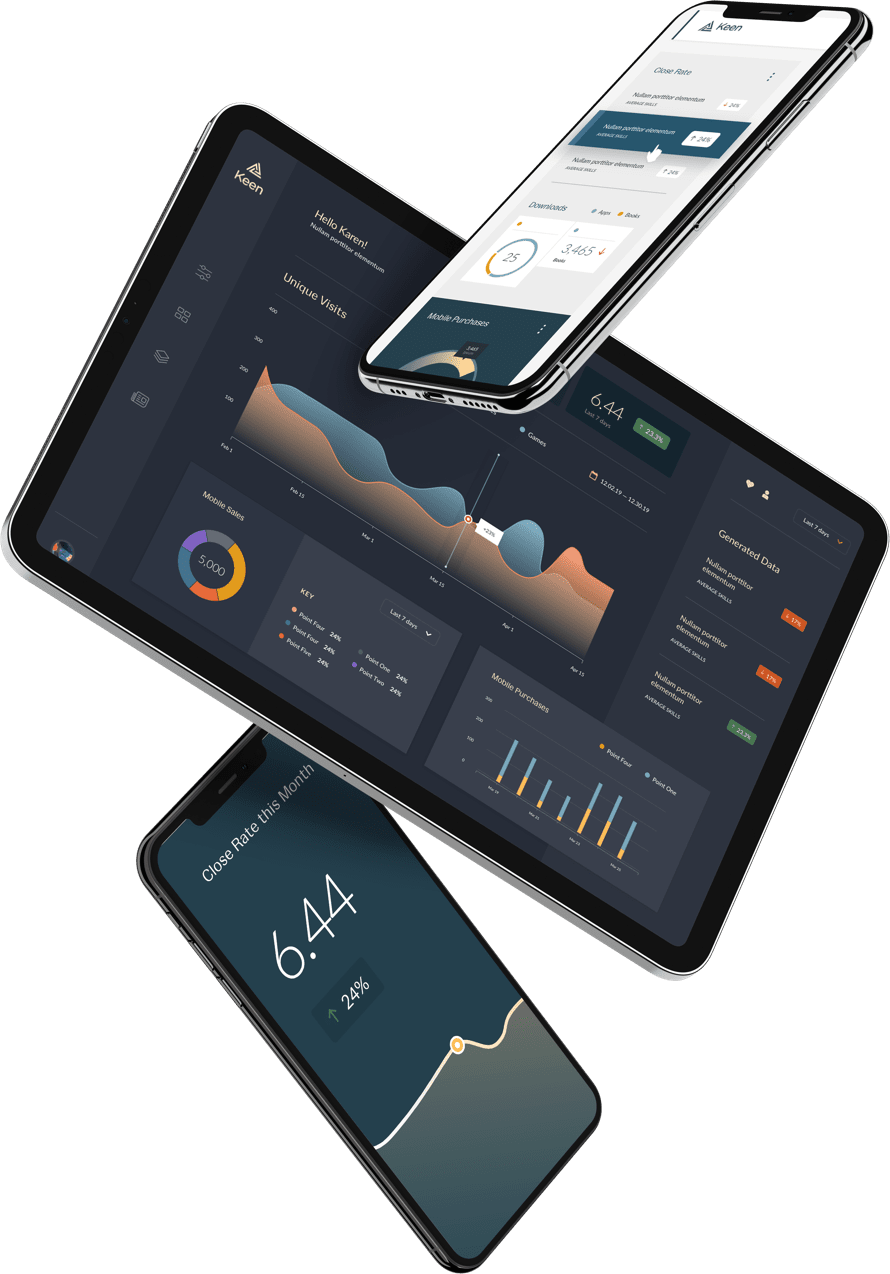Update on Keen and GDPR Compliance
Keen is deeply committed to doing our part to ensure that personal data is adequately protected. As such, we are actively reviewing the requirements of EU Regulation 2016/679 (more commonly referred to as “GDPR”) and how they affect us and our customers. In this blog post we’ll try to provide as much information and guidance as possible for you to remain in GDPR compliance with Keen.
Our Data Protection Philosophy
Keen stores two different classes of data: (a) the account information of our direct customers, as provided to us via accounts on the keen.io website and/or through support channels such as e-mail or chat; and (b) data about our customers’ customers in the form of events submitted to our streams API.
We have designed our system to be resistant to attack against either class of data, but the second category (Keen’s customers’ event data) is more complicated due to the fact that we allow highly flexible content and cannot directly control what information is included or how personally identifiable or sensitive the information or data might be. For this reason we always recommend against the storage of any Personally Identifiable Information (PII) or otherwise sensitive data in event properties.
We believe that most use cases for Keen do not inherently rely on personal data and such data can be anonymized, pseudonymized, or omitted entirely without losing value. As such it is more valuable for our customer base as a whole for us to focus our engineering effort on other aspects of the product, rather that building high-assurance security protections that most customers do not need.
That said, we strive to be as secure as possible, and will continue to improve our security posture. We also recognize that some customers do have legitimate use cases for storing some amount of low-sensitivity PII (such as e-mail or IP addresses, for example), and those require a somewhat more rigorous data protection strategy than what we have in place now. So over the coming months we are making investments to move in that direction.
How Keen Secures Data Today
Our data protection strategy spans several dimensions: technology, people, and processes.
Technology
The most direct way that we protect data is by limiting access to it using standard industry best practices. All data is stored on hardware in Amazon’s AWS cloud, using a VPC to isolate all servers from the outside internet. These systems can only be accessed via a set of bastion hosts which are regularly updated with the latest security patches, and which can only be connected to using SSH channels secured by a select group of Keen employees’ cryptographic access keys. We’ve also adopted strict requirements around access to the AWS environment itself, including mandatory Multi-Factor Authentication (MFA) and complex passwords.
This structure makes direct access to our internal systems quite difficult for an unauthorized person, but it cannot protect the public-facing endpoints such as keen.io (i.e. our website) or api.keen.io. We secure these via the access keys available in each Keen Project or Organization, which adhere to cryptographic best practices.
(Please note that we currently do not encrypt traffic between various internal services within our VPC, nor do we encrypt data at rest. Up to this point we have not felt that there was much value in doing so, since the only practical exploit of this would require direct physical access to Amazon infrastructure. However we do plan to enable basic data-at-rest encryption soon; see roadmap below.)
People
The Keen web UI includes a mechanism by which authorized Keen employees can view customer data directly. This is used to help investigate and address any issues or questions reported to us by customers, as well as occasionally by our operational engineering team to diagnose and mitigate degradation of service. The mechanism is password-protected and limited to those who require it to provide customer support or to fulfill other responsibilities.
We also adhere to a policy of only using this access when it is necessary, and will seek permission before viewing customers’ raw event data. (In rare circumstances where the need is urgent, such as a system-wide outage, we may skip this step — but only as a last resort.)
Currently this “root” access is all or nothing and we rely on our hiring and training processes to mitigate the risk of unnecessary access by a Keen employee. The build out of a granular access control system is on our roadmap (see below).
Processes
We adhere to the following processes to help ensure that data is kept safe:
- Access management: when a Keen employee leaves the company, we follow a checklist to ensure that all of their permissions are revoked.
- Design and code reviews: all changes to the system are reviewed carefully by senior engineers, as well as tested in an isolated staging environment prior to deployment to production.
- Threat modeling: periodically we review the threat model and try to identify gaps, assess risk, and determine what mitigations (if any) should be prioritized.
- Automated backups: all data is automatically backed up to Amazon S3 to allow us to recover in the event of a catastrophic loss, whether due to malicious attack or other unexpected events. These backups age out over time, so any data which is removed from the source will eventually no longer appear in the backups. (We currently can’t offer any guarantees about how long it will be for any specific piece of data.)
- Data retention: Keen stores data for as long as it is necessary to provide services to our customers and for an indefinite period after a customer stops using Keen. In most cases, data associated with a customer account will be kept until a customer requests deletion. (There is also a self-service delete API which is suitable for removing small amounts of data.)
Our Security and Privacy Roadmap
We will be making improvements to all of the above according to the following roadmap.
What we are intending to deliver by the GDPR deadline
GDPR goes into effect on May 25, 2018. Prior to that time Keen intends to:
- Appoint a Data Protection Officer and a data protection working team
- Build a formal data map
- Perform internal threat modeling and gap analysis (and set up a recurring schedule)
- Adopt and/or formalize written policies around core areas, including (but not necessarily limited to): data protection, data backup, data retention, access management, and breach management and reporting
- Institute formal data protection training for all Keen employees
- Encrypt data at rest
- Schedule annual security audit with a 3rd party auditor (however the audit may not be completed until later in 2018)
We also intend to do the necessary legal paperwork to be able to confirm that our Data Sub-processors (primarily Amazon) are GDPR-compliant, and to be able to offer a Data Sub-processor Addendum to the contracts of customers who request it.
What we hope to improve over time
The following are examples of additional security enhancements that will not be addressed by the May 25 deadline:
- More granular access controls, allowing Keen employees to be granted access according to the Principle of Least Privilege
- Full data access audit history
- Lockdown of Keen employee devices, and/or limiting access to customer data to certain approved devices
- Integration with an intrusion detection system/service
- Industry certifications
In addition, we expect that threat modeling and gap analysis (both our own and those done by a 3rd party auditor) will identify opportunities to further harden the system and provide redundant layers of risk mitigation. Those will be prioritized and incorporated into our roadmap as appropriate.
Next Steps
Ultimately our goal is to make Keen as valuable as possible to all of our customers. We appreciate your understanding, and also greatly value your input. If you have questions, concerns, or feedback about our approach or how it will affect your own GDPR compliance efforts, please reach out to us at team@keen.io!
Thanks,
Kevin



